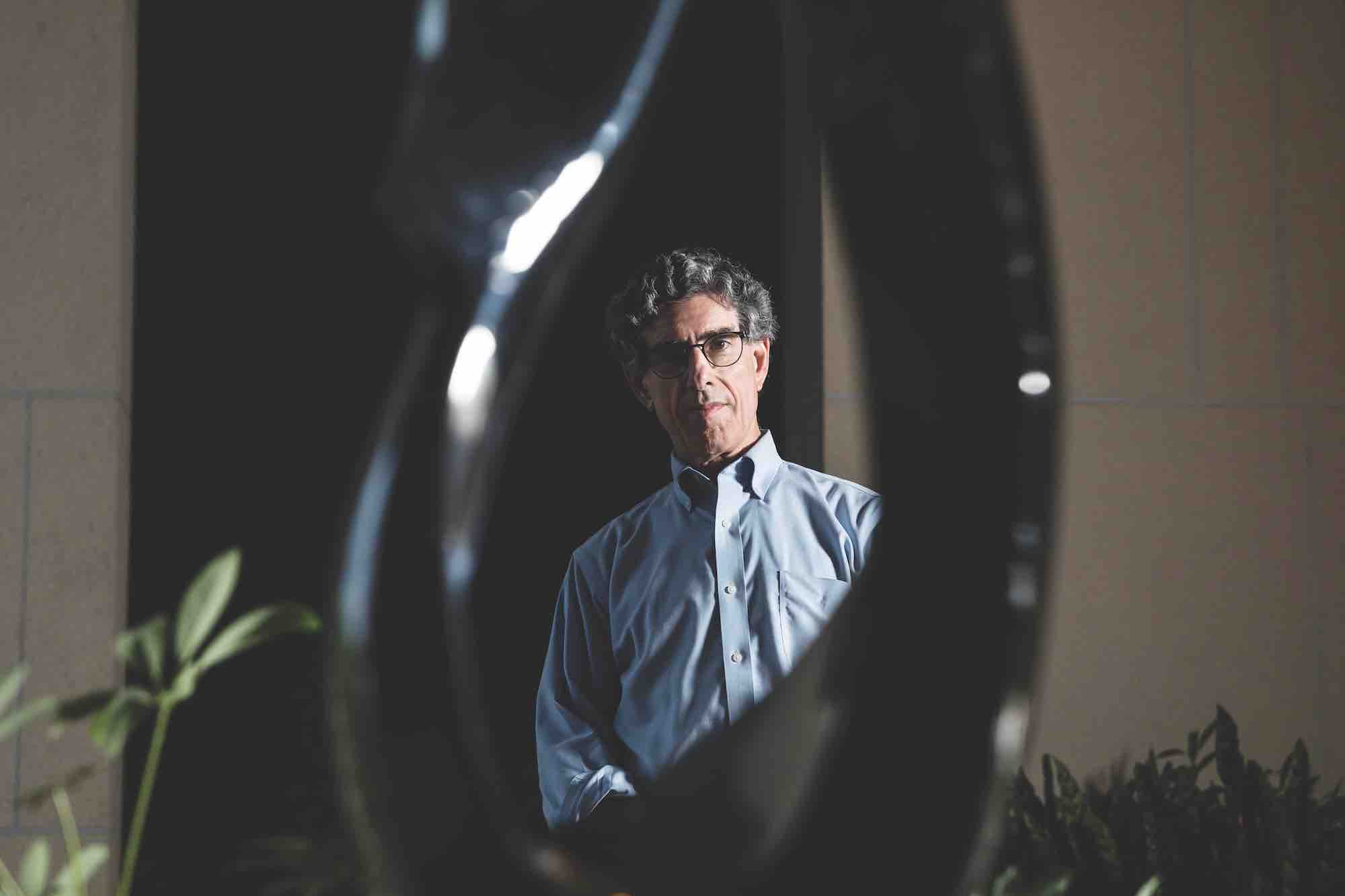- COVERS
Strength of mind
- Irene Sam
World renowned neuroscientist Professor Richard Davidson tells High Life about his groundbreaking work exploring meditation and the development of a healthy mind.

Professor Richard Davidson from America’s Center for Healthy Minds is a world leading neuroscientist who has conducted extensive research on the benefits of meditation for human beings. The journey of taking meditation out of its religious context, bringing it to the scientific realm and studying it rigorously came about during the early stages of his graduate career after he met a number of people who were warm-hearted, gracious and radiant. Their presence was “infectious” to him.
“I learned that they all had an interest in the practice of meditation and that led me to begin my journey. After my second year of graduate school, I went to India for the first time and got a taste of intensive meditation practice myself. I came back with a fervent aspiration that this is important,” he recalls.
During the 1970s there was little scientific research done on the effects of meditation on the brain. At that time, narrow-mindedness within the scientific community discouraged Davidson from pursuing his interest and he became a “closeted meditator.” It was not until the 1990s when he encountered an important member of the Tibetan Buddhist community that he started to investigate the possibility that the brains of people who spend years training their mind may differ from those of the broader community.
Modern neuroscientific methods can not only be used to study negative elements like anxiety and depression but can also be applied to examining positive emotions of the mind. As a result, Davidson believes that, from a neuroscientific perspective, wellbeing can be validated through four constituents: awareness, connection, insight and purpose.

Awareness is our ability to know and understand the world. Connection is the rapport we develop with others, especially harmonious or sympathetic relationships. Insight is one’s own narrative of “self,” which can be healthily cultivated. Finally, purpose is our endeavor in life which we strive to fulfil.
“The four constituents have all been investigated neuroscientifically and the circuits that are important to each of these exhibits plasticity,” Davidson explains. “Therefore, we understand that they can be shaped through training and experience. We can all take responsibility for our own mind. Our brains are constantly being shaped wittingly or unwittingly and we can actually shape our brains in ways that can support healthy habits of mind. When we transform our mind through meditation, we are changing our brain.”
When Davidson was conducting his neuroscientific research, one of the long-term meditation practitioners he tested in the lab was highly respected Tibetan Buddhist meditation master Yongey Mingyur Rinpoche, who donated his time for investigation of his mind. The electrical signals of the brain were measured while he was engulfed in loving and compassionate meditation. “What we saw when we measured these brain electrical signals was a dramatic change in the brain. This change represents the expression of gamma-oscillations,” Davidson says. “These are very fast frequency brain oscillations that occur throughout wide-spread regions of the brain and are highly synchronized.

“This was the first time scientists had ever seen this happen. We all have gamma-oscillations but they typically occur for a very short period of time, less than one second, but in Rinpoche and other long-term practitioners, these gamma-oscillations occur for minutes at a time and continue to do so during the entire meditation practice. What is even more remarkable is that these gamma-oscillations are present in the baseline, when they are not formally meditating. That is the key signature of an altered trait in the brain.”
Davidson goes on to point out that contemplative practices that cultivate awareness are also practices that help us to be more present, and it turns out that when people are not paying attention to what they are doing, they are significantly less happy. He often likes to quote William James, a renowned American philosopher and psychologist, who wrote in his book The Principles of Psychology, “The faculty of voluntarily bringing back a wandering attention, over and over again, is the very root of judgment, character and will … An education which should improve this faculty would be the education par excellence.”

According to Davidson, meditation or the simple introduction of awareness practice is a strategy for educating attention and educators from around the world are now embracing and teaching it to young children, who will then benefit from it throughout their lives.
“Attention is the building block for all other forms of learning. If we are not paying attention to information presented to us, it will compromise our ability to learn,” he adds.
Other than helping children, meditation also has positive implications for leaders because cooperation between human beings is the key to connection, as well as to leadership.
“More and more evidence is suggesting that qualities like gratitude and appreciation are absolutely central for leadership and these qualities can be easily nurtured and strengthened through simple practices,” Davidson says. “Also, being able to take the perspective of another is very important in organizations and perspective taking is associated with brain networks that are nurtured through mediation that promotes kindness and compassion.”

For a leader such as Rinpoche – a globally respected teacher with extensive background in meditation and Buddhist philosophy – meditation practice is done primarily for the benefit of others.
“More and more, as you recognize the skills, potential, love, compassion, wisdom and awareness within yourself and within others, life becomes easier and more successful,” he smiles. “You will become a more successful businessman, family member, even stock market player, but that success is [acquired] through wisdom and compassion, which benefits both yourself and others. It is a win-win situation.
“Success based on the egotistic mind, even if you are smart and capable, in the long run will not be so successful because your family will not be happy and your co-workers will not be happy. You might become successful because of IQ, but at the EQ level, there will be lots of problems. Bring awareness and compassion together, then you will be happy outside and happy inside.”
